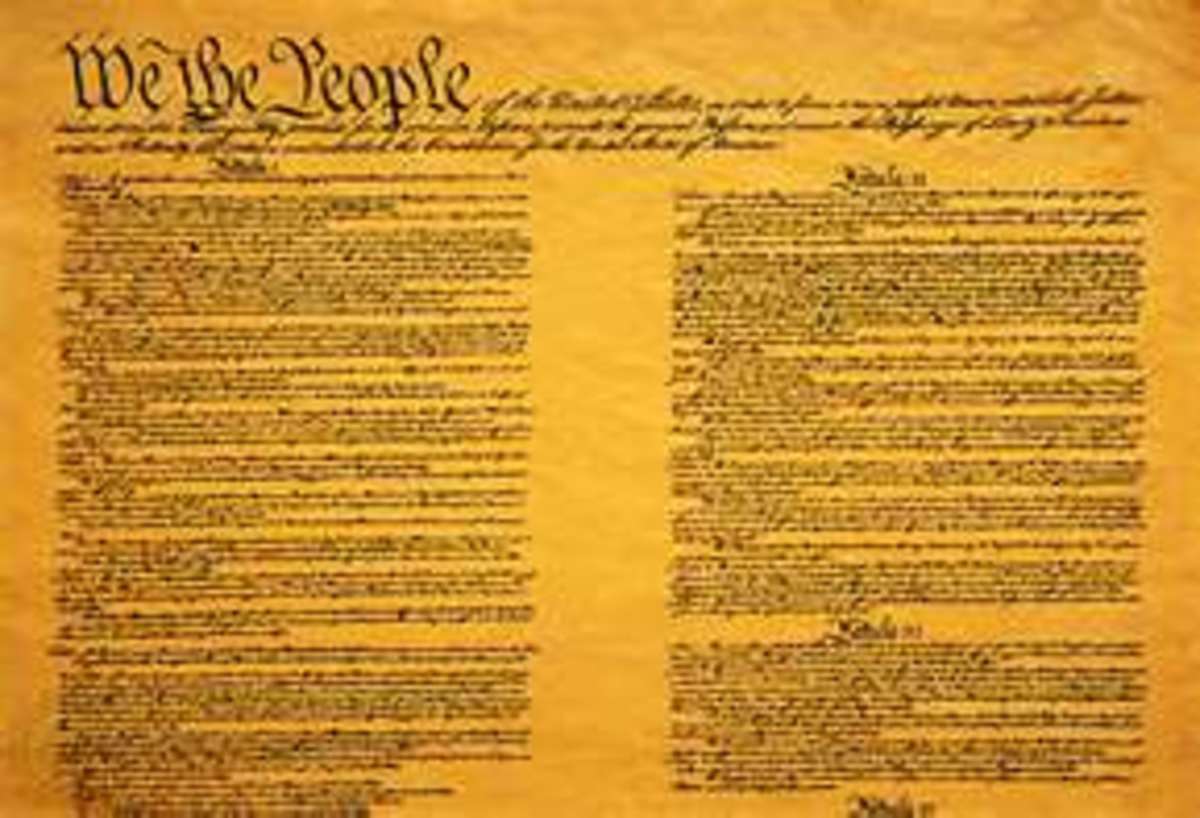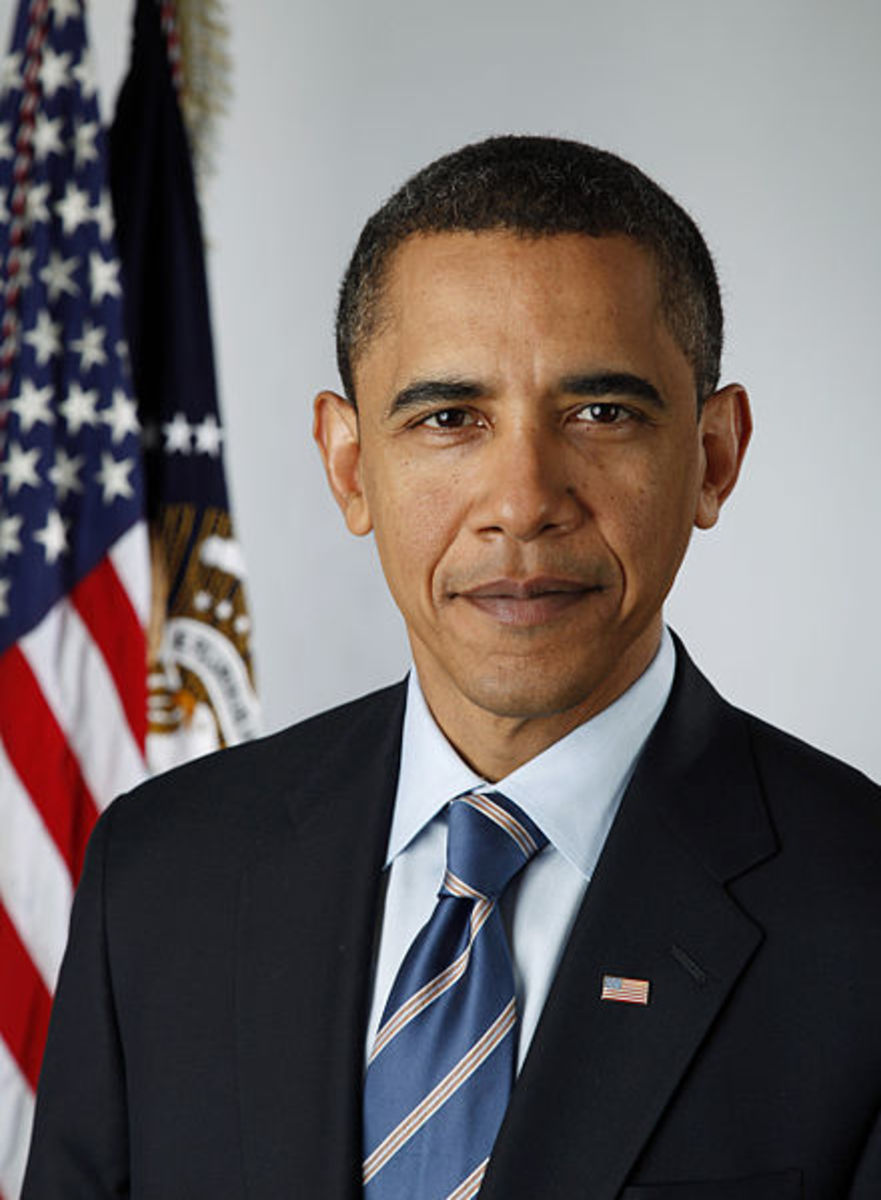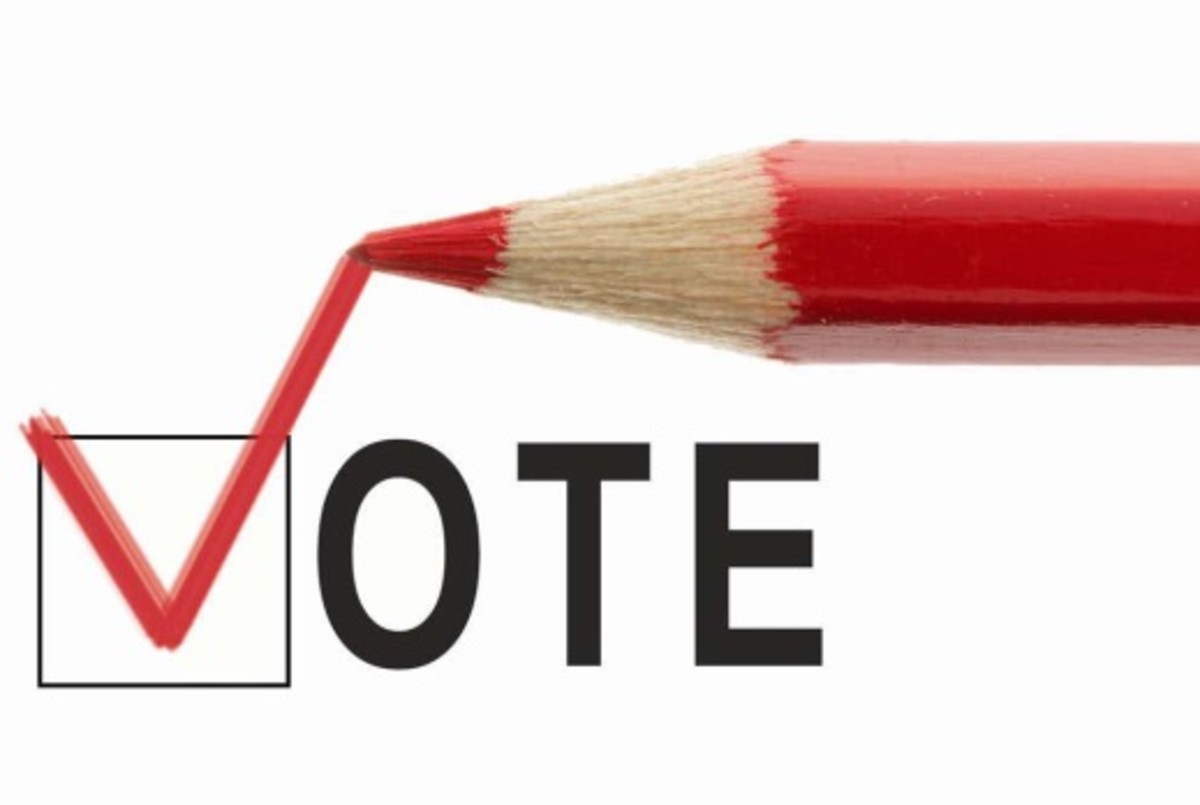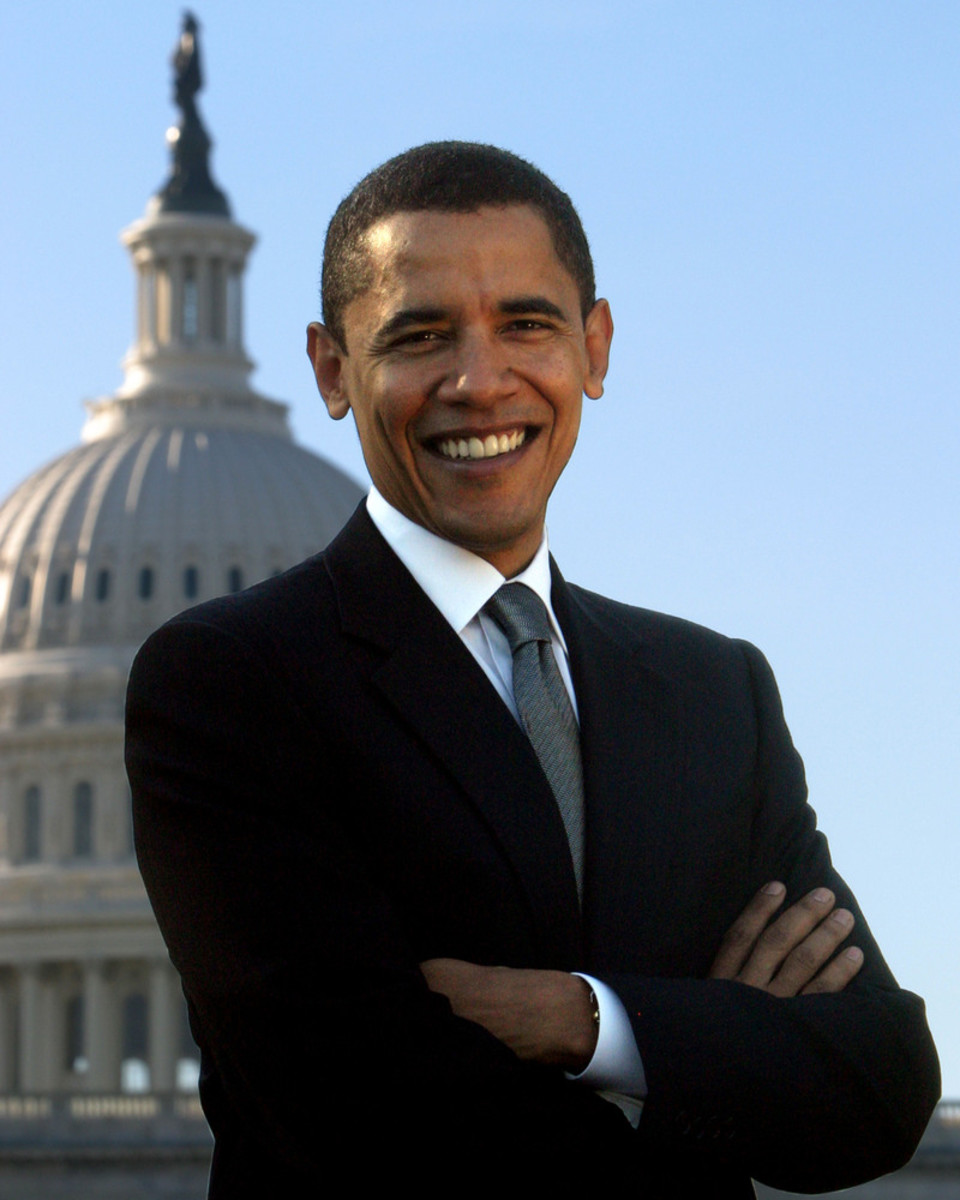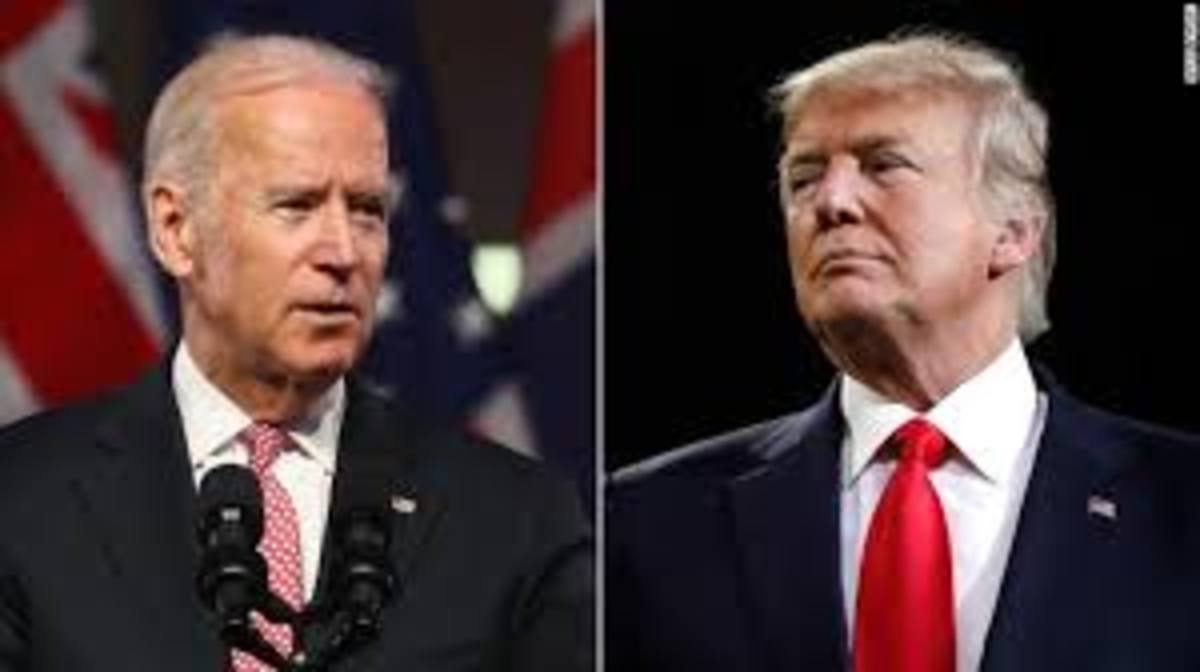Should Everyone Including Felons Have The Right To Vote?
Why did the founding fathers decide to not to guarantee the right to vote to all citizens in the Constitution? Why did the founding fathers decide to give the states the right to determine who can vote? What are the reasons states may deny the right to vote to felons? During this article we will discuss the reasons why the founding fathers chose not to guarantee the right to its citizens to a direct election, and instead chose electors. We will also look into the reasons for denying felons the right to vote.
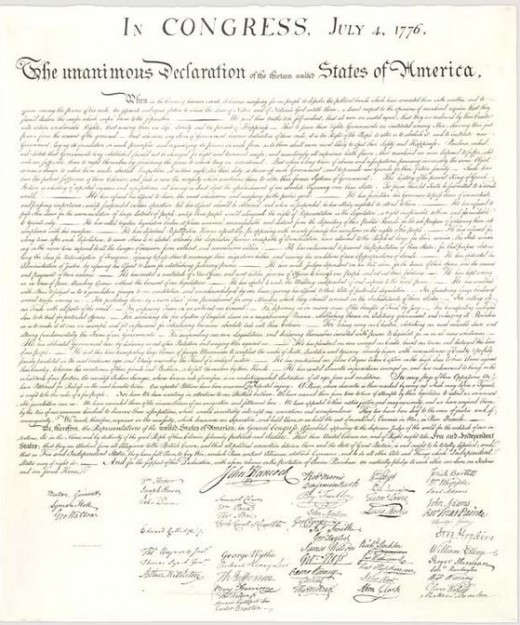
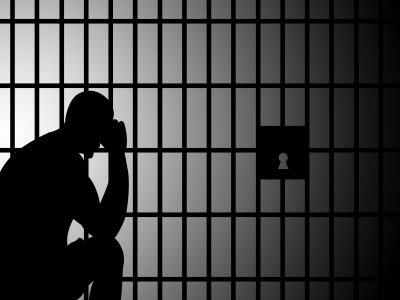
State Disenfranchisement Rules: With the exception of Maine and Vermont, all other states have laws which disenfranchise people in some way if they are convicted of certain crimes. Most of these states merely deny the right to vote for felons while serving prison time. However, many states extend the disenfranchisement of its citizens while the citizen is still on parole or probation. Certain states permanently disenfranchise voters who are convicted of felonies. The states the permanently deny felons the right to vote are Florida, Kentucky, and Iowa. A.C.L.U. Criminal Re-enfranchisement law map
ACLU Website Link (copy and paste link)
https://www.aclu.org/map/state-criminal-re-enfranchisement-laws-map
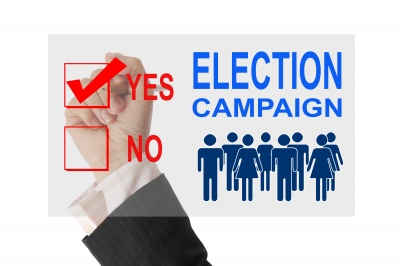
Founding Father's Opinion on Voting: When the founding father drafted the Constitution they did not believe that the average citizen had the intellectual capacity to be trusted with "direct" voting for the President and Vice-President of the United States. They believed that the average citizen could be easily swayed to vote for the wrong person or have their decisions manipulated by flights of fancy. In fact, in the Federalist Paper #68 Alexander Hamilton wrote:
"It was desirable that the sense of the people should operate in the choice of the person to whom so important a trust was to be confided. This end will be answered by committing the right of making it, not to any preestablished body, but to men chosen by the people for the special purpose, and at the particular conjuncture.
It was equally desirable, that the immediate election should be made by men most capable of analyzing the qualities adapted to the station, and acting under circumstances favorable to deliberation, and to a judicious combination of all the reasons and inducements which were proper to govern their choice. A small number of persons, selected by their fellow-citizens from the general mass, will be most likely to possess the information and discernment requisite to such complicated investigations.
It was also peculiarly desirable to afford as little opportunity as possible to tumult and disorder. This evil was not least to be dreaded in the election of a magistrate, who was to have so important an agency in the administration of the government as the President of the United States. But the precautions which have been so happily concerted in the system under consideration, promise an effectual security against this mischief. The choice of SEVERAL, to form an intermediate body of electors, will be much less apt to convulse the community with any extraordinary or violent movements, than the choice of ONE who was himself to be the final object of the public wishes. And as the electors, chosen in each State, are to assemble and vote in the State in which they are chosen, this detached and divided situation will expose them much less to heats and ferments, which might be communicated from them to the people, than if they were all to be convened at one time, in one place.
Nothing was more to be desired than that every practicable obstacle should be opposed to cabal, intrigue, and corruption. These most deadly adversaries of republican government might naturally have been expected to make their approaches from more than one querter, but chiefly from the desire in foreign powers to gain an improper ascendant in our councils. How could they better gratify this, than by raising a creature of their own to the chief magistracy of the Union? But the convention have guarded against all danger of this sort, with the most provident and judicious attention. They have not made the appointment of the President to depend on any preexisting bodies of men, who might be tampered with beforehand to prostitute their votes; but they have referred it in the first instance to an immediate act of the people of America, to be exerted in the choice of persons for the temporary and sole purpose of making the appointment. And they have excluded from eligibility to this trust, all those who from situation might be suspected of too great devotion to the President in office. No senator, representative, or other person holding a place of trust or profit under the United States, can be of the numbers of the electors. Thus without corrupting the body of the people, the immediate agents in the election will at least enter upon the task free from any sinister bias. Their transient existence, and their detached situation, already taken notice of, afford a satisfactory prospect of their continuing so, to the conclusion of it. The business of corruption, when it is to embrace so considerable a number of men, requires time as well as means. Nor would it be found easy suddenly to embark them, dispersed as they would be over thirteen States, in any combinations founded upon motives, which though they could not properly be denominated corrupt, might yet be of a nature to mislead them from their duty........"
From the text of the Federalist Paper 68, written by Alexander Hamilton to the People of the State of New York, it lists the belief of many of the founding fathers that a select group of men should be charged with the actual selection of the President and Vice-president of the United States. Furthermore, per Article II of the Constitution (see Article II language below) the states were given the right to determine the Electors (delegates) that would vote for the President and Vice-President; how the Electors would be chosen, and who would have the right to vote for the Electors.
[Article II of the Constitution states, "Each State shall appoint, in such Manner as the Legislature thereof may direct, a Number of Electors, equal to the whole Number of Senators and Representatives to which the State may be entitled in the Congress: but no Senator or Representative, or Person holding an Office of Trust or Profit under the United States, shall be appointed an Elector."]
This meant that the states could set rules disbarring citizens the right to vote, so long as the rule did not infringe upon another Constitutional mandate.
Concept of Disenfranchisement: Now the concept of disenfranchising felons goes back many centuries, way before the Constitution. The idea behind this was that felons had wronged society and therefore did not deserve all of the rights of civilized society. To this day many people like this ideal, as they also feel this may deter individuals from committing heinous crimes for fear of losing a voice in government. Others believe that denying a man a right to vote essentially further alienates them from society, and therefore gives them even less reason to rehabilitate oneself. Still others do not like the non-uniformity of felon voting statuses. A felon could be denied the right to vote per one state law, but move to the next state and take up residency and their voting rights could be restored.
Regardless of which argument one has for whether felons should or should not have the right to vote. most camps are in agreement that the states are within their right to make laws which deny felons the right to vote. The denial of the right to vote based on criminal status does not run afoul of the 15th amendment which banned voter discrimination based on race, color, or previous condition of servitude; the 19th amendment which banned voter discrimination based on sex; the 23rd amendment which guaranteed citizens of the District of Columbia Electors for the President and Vice-president; the 24th amendment which banned Congress and the states from instituting poll taxes of other taxes as a condition to vote, which discriminated against the poor; nor the 26th amendment which banned states from changing the voting age from 18.
That being said, should there be a Constitutional amendment which bans states from denying the right to vote to felons? There have been various arguments which say felons have a hard enough time as it is integrating back into society. They face a lot of discrimination from fellow citizens who may deny them access to housing and jobs. Many states still had a CORI (Criminal-Offender Registry) database which employers frequently use when determining who to hire. For many prior felons they have stated that it is difficult to improve one's lot in life if 10, 15, 20 years after they have finished their prison sentences and have lived a model life that their CORI records prevent them from finding better work. However, without the right to vote on whether CORI records should be expunged after so long a period, they are at the mercy of eligible voters to determine much of their future. Even on simple state and local matters which affect them they are essentially removed from the process. How can we expect someone to integrate back into society, if they have no say in societal matters in many states?
Conclusion: The Founding Fathers from the very inception of the Constitution did not believe that every citizen should have the right to vote guaranteed in the Constitution. Instead they gave the states the power to determine much of the election process, including who would get the right to vote. They did this knowing that the states would deny the right to vote to many of its people. Additionally, even for the persons granted the right to vote by the states, the founding father still wanted to "protect" the process of choosing the President and Vice-President, from the voters by having "Electors" choose the actual Commander-in-Chief and V.P. However, since the time of the Constitution's enactment in 1788 there have been several amendments which have come along (15th, 19th, 23rd, 24th, and 26th) which have strengthen and guaranteed that rights to vote could not be denied based on certain criteria. I say could not be denied based on certain criteria, as the amendments were never meant to guarantee all the right to vote, just that one could not be denied the right to vote based on the criteria of those amendments. It would seem that even with these amendments the people of the United States still do not want the "vote" to be a guaranteed right for its citizens. But why not? Shouldn't all citizens have the right to vote, to be represented, to be heard. This country fought a war in order to be heard and have their matters addressed directly and not virtually. Yet, from the very beginning of this nation we have never had 100% of its adult (18 or older) citizenry realistically franchised. Should we finally make a move to give all adults a voice in government? Let me know.
To learn read more about government and politics, click the articles below:
More about Politics and Government:
- Democratic Superdelegates: Should Democrats make use of the Superdelegates during the Democratic Presidential Nomination Process?
- The Process of Choosing an American President: Discusses the process of how an American President is chosen, and what happens if a presidential hopeful does not get the requisite Elector votes to win the Presidency.
- How a Law is Made: A look into the process and procedures of turning a bill into a law.
Do you believe all felons should have the right to vote?
Do you believe voting rights should lie with the states or be unified by Constitutional Law?
© 2016 James

